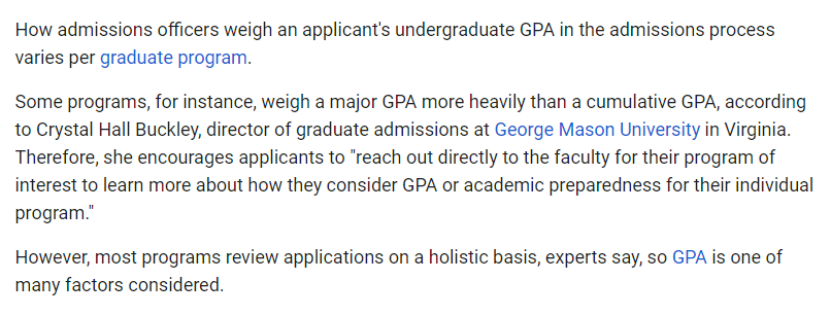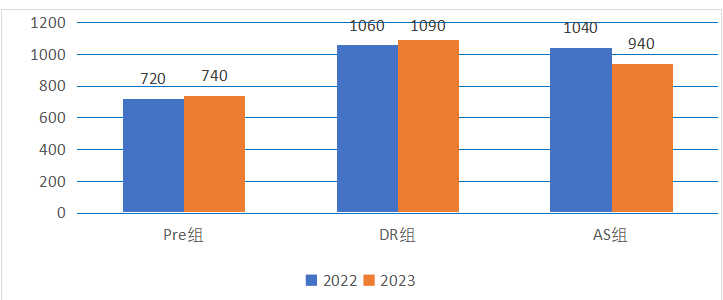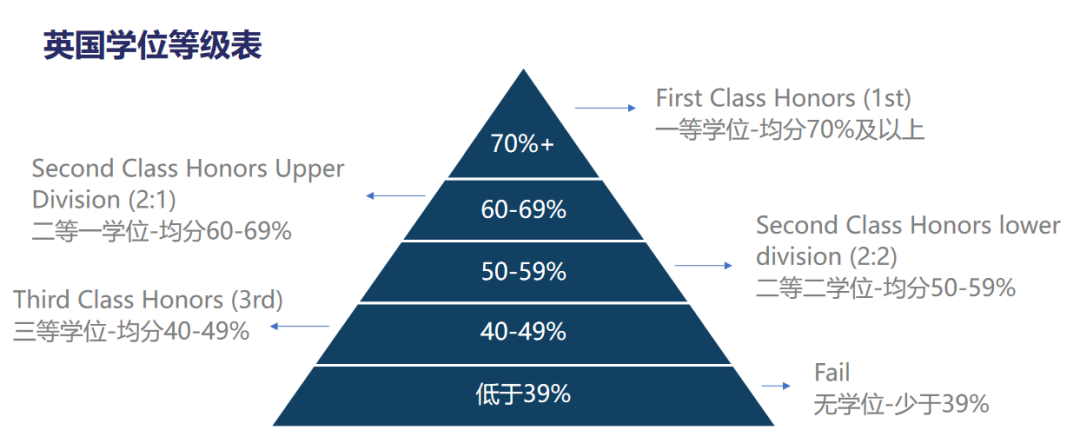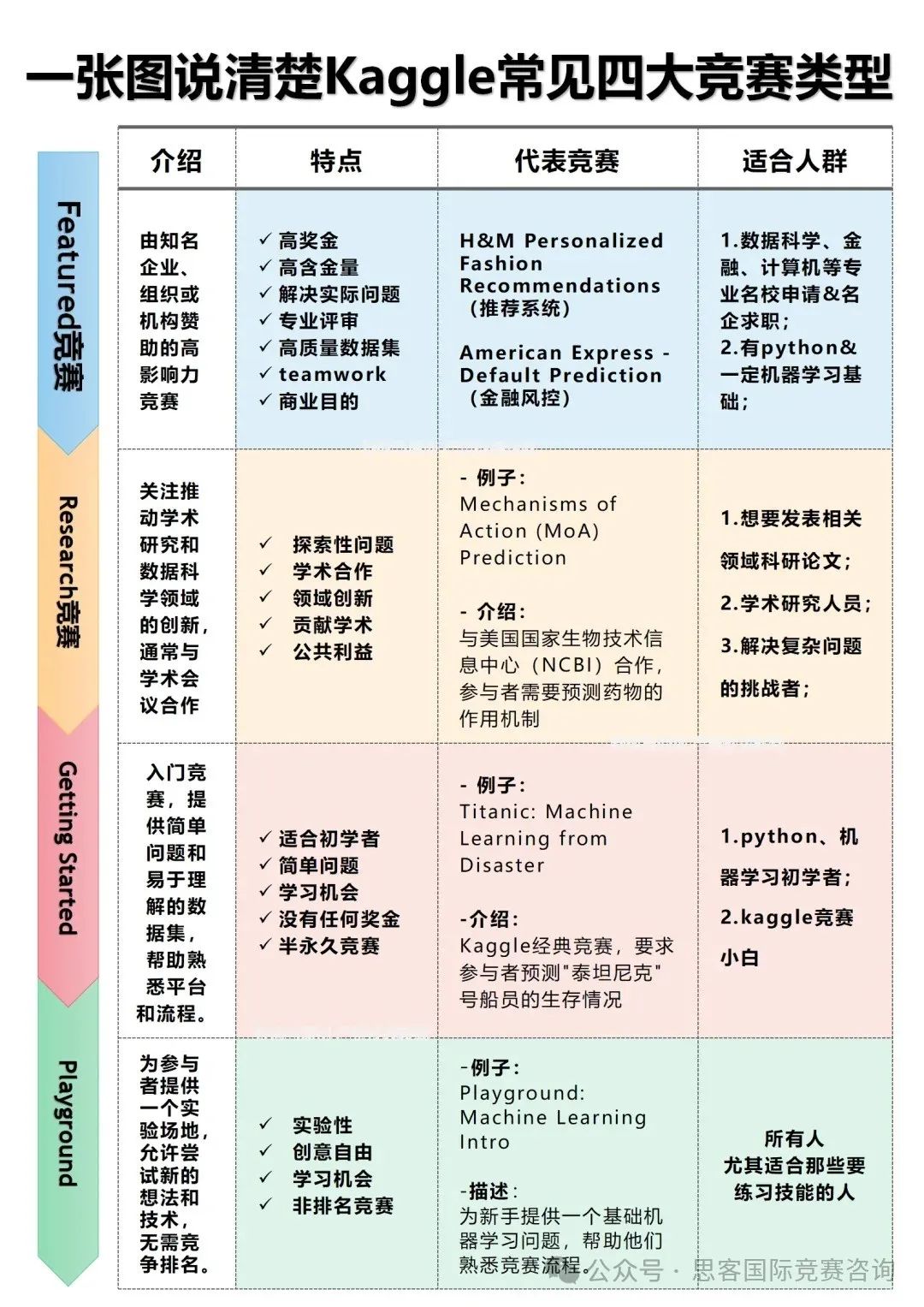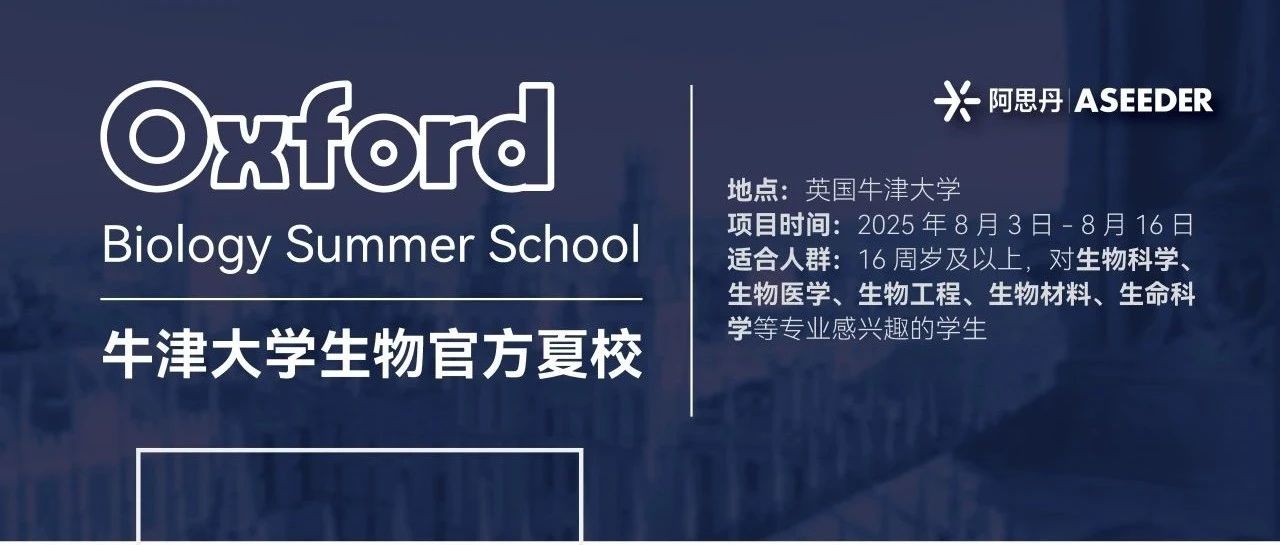本期为大家推荐伦敦国王学院、奥克兰大学2025最新奖学金介绍。
1、伦敦国王学院
Calibration free, high throughput UHF MRI using parallel transmission
King’s College London | School of Biomedical Engineering & Imaging Sciences
博导: Dr Shaihan Malik, Dr Jorge Cardoso
截止日期:October 29, 2024 周二
资助的博士项目(全球学生)
About the Project
Ultrahigh field MRI allows us to achieve high resolution imaging within achievable acquisition durations. This key benefit has driven strong recent uptake particularly for tertiary care settings, where cases that are inconclusive at lower field strengths are referred. While there are many benefits to 7T MRI, one drawback comes from the need for high frequency radiofrequency (RF) fields, which penetrate the body unevenly leading to distracting contrast and signal non-uniformities. These issues can be corrected prospectively by use of parallel transmission (‘pTx’) which uses multiple independent transmitters to control RF fields within the patient.
PTx is now used routinely to improve image quality in some applications, however some key challenges remain. One is that these methods are slow: typically calibration data must be obtained from patientsin situbefore online calculations are performed, prior to use. Furthermore, pTx methods are currently mainly employed to improve image quality, often at the cost of acquisition speed or throughput. Directly optimizing for increasedefficiencyof scanning would arguably have a greater impact on clinical operators of such systems.
This project proposes to work at the interface between imaging physics and machine learning: by enabling an MRI scanner to ‘learn’ from previous experience with other patients, we hypothesize that it would be possible to significantly improve performance and remove the need for time consuming measurements and calculations at the point of operation. We will focus on ultrahigh field imaging because there is a serious need for improving the workflow of these advanced imaging devices, to increase their clinical impact. The team have extensive experience in this field already(1–4). However, increasing the ‘intelligence’ of scanner technology to improve their performance is a broader area for research and advances made in the project will also yield translatable benefits more widely.
The project will suit a student either from a physical science/engineering or computer science background, since they will work at the interface between these areas. The student will start by learning about machine learning methods and use them to infer information about given patients based on minimal information (year 1); they will then couple this with knowledge of MRI physics to enable ML optimized protocols (year 2). Taking this further they will work on directly optimizing efficiency of scanning (year 3) before deploying all methods as a complete examination (year 4).
The student will additionally benefit from a 3 month placement at Siemens Healthineers, providing the student with the opportunity to translate their technique towards commercialisation, where it can potentially have great impact on patients. This placement will also give the student an insight into the research and development process outside of an academic environment and the opportunity to broaden their professional network.
The supervisory team come from different backgrounds – one is an expert in MRI technology development, the other an expert in AI/ML in the healthcare setting – and the project benefits from strong support from industry.
Funding Note:
The Medical Research Council (MRC) Doctoral Training Partnership (DTP) offers 4-year iCASE fully funded studentships, which provide the following financial support:
Stipend:£23,737 (academic year 2024/2025). This is a tax-free payment made to the student. Full funding award details can be found here:https://kcl-mrcdtp.com/apply/
Tuition Fees:The studentship covers the full tuition fee, including international rates, for the duration of the award.
Research training and support grant (RTSG):£6,400 per year. A contribution towards consumable costs of training research students (often called “bench fees”).
Travel and conference allowance:£300 per year. A contribution toward attending scientific conferences, workshops, or visiting collaborators.
Flexible Supplement Fund:Available to students funded by the MRC, this can help fund a wide range of research and training activities.
Funding source:This project is co-funded by the MRC and the Industry Partner Siemens Healthineers AG.
For more information on how to apply pleasevisit our website(https://www.findaphd.com/common/clickCount.aspx?theid=174366&type=184&DID=4787&url=https%3a%2f%2fkcl-mrcdtp.com%2fapply%2fapplication-process%2f).
Contact the project supervisors:
- Dr Shaihan Malikshaihan.malik@kcl.ac.uk
- Dr Jorge Cardosom.jorge.cardoso@kcl.ac.uk
2、奥克兰大学
Glucose control - from home to hospital and back again
University of Auckland| Auckland Bioengineering Institute
博导:Dr Finbar Argus
截止日期:October 30, 2024 周三
资助的博士项目(全球学生)
About the Project
In diabetes, glycemic control is often based on sub-optimal one size fits all approaches, so many receive acceptable care, but none receive optimal care. We can improve control using digital twins capturing all relevant dynamics to personalise care. Incorporating wearable device data, this project aims to develop a patient-specific digital twin model of glucose and insulin dynamics to provide robust glycemic control during hospitalisation, and eventually for outpatients.
Interested in a rewarding career in bioengineering? Get sponsored to do life-changing research in New Zealand!
This is a fantastic opportunity to gain hands-on experience in digital twin modelling and automated identification methods to personalise these models, as well as to develop advanced control systems for optimising patient outcomes.
The project will include developing a clinical trial to test these methods, providing translational experience and potential for commercialisation. You will have the opportunity to spend time at the Auckland Bioengineering Institute with Dr Finbar Argus and at the University of Canterbury with Distinguished Professor Geoff Chase.
As a PhD student on this project, you will work with a team of experienced researchers to develop cutting-edge solutions to improve patient care, decrease morbidity and mortality, and get diabetes patients back into the comfort of their own homes, and out of - expensive to the taxpayer - hospital beds.
Desired skills
If you are passionate about using modelling to improve patient care and have a strong background in any form of modelling or control theory, we encourage you to apply!
Find out more about this project and other projects on our website here.(https://www.findaphd.com/common/clickCount.aspx?theid=165931&type=184&DID=53&url=https%3a%2f%2fwww.auckland.ac.nz%2fen%2fabi%2fstudy-with-us%2fstudy-options%2fresearch-projects.html)
The Auckland Bioengineering Institute - breaking boundaries in bioengineering for more than 20 years
At the Auckland Bioengineering Institute (ABI), we apply engineering and technical innovation to advancing medical care, human capability, and understanding of human physiology. Our team of world-renowned researchers are working on everything from artificial intelligence avatars, to implantable devices, to digital models of the human body. Our focus on research excellence and commercialisation adds value to society and to the global economy.
Our research makes a real difference in the world. We’ve designed sensors to diagnose stomach disease without needing invasive surgery; developed a tiny wireless implantable device to measure brain pressure and save the lives of children with hydrocephalus; and we lead the world in building digital models of the human body which will enhance personalised medicine approaches for improved diagnosis and treatment.
Join our team of researchers for a postgraduate degree and together we can make a difference. Our graduates are amongst the most employable in the world - many either continue their career in research, find employment with industry leaders such as Rocket Lab or Fisher & Paykel, or launch their own startup companies.
Our students come from over 50 different countries and a wide range of backgrounds and disciplines, including Engineering, Medicine, Mathematics and Science.
Want to know what our students think about studying at the ABI? Watch this video!(https://www.findaphd.com/common/clickCount.aspx?theid=165931&type=184&DID=53&url=https%3a%2f%2fyoutu.be%2fZCH8WRV2M5I%3fsi%3dRh5rozcRyhijzNW4)





